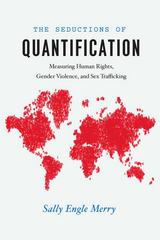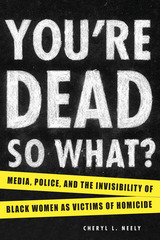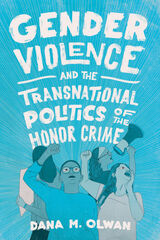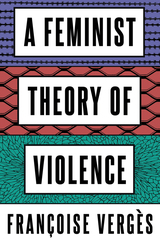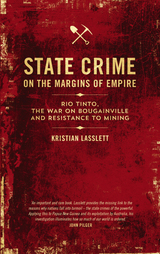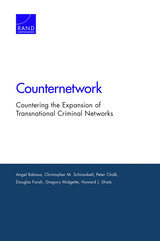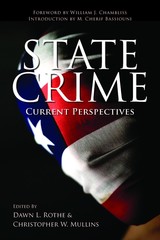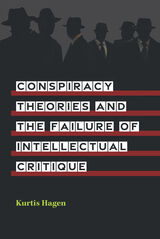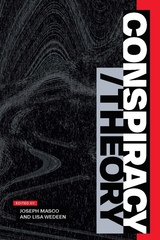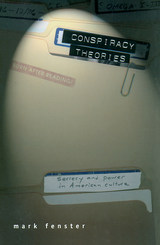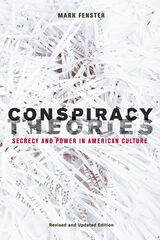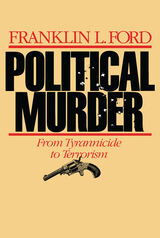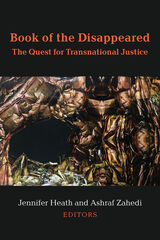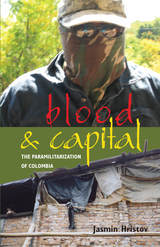“Hagen has made an important contribution to philosophy. He will change the way you think about conspiracy theories.”
—David Coady, University of Tasmania
— David Coady
“Hagen undercuts the view that sophisticated thinkers avoid conspiracy theories and that taking them seriously indicates a cognitive problem. Combining philosophical rigour with political alertness, he shows how assessing hypotheses about powerful people conspiring is rational and prudent, whereas indiscriminately disparaging conspiracy theories risks stifling critical reasoning and pathologizing dissent.”
—Tim Hayward, University of Edinburgh
— Tim Hayward
“This is a brilliant and sophisticated work in the philosophy of conspiracy theory and puts the rest of us to the question by its thesis that any reflexive dismissal of conspiracy theories is both unwarranted and ethically troubling. One needn’t agree with its author in all particulars to assert that we who write in the area have a very great deal to learn from Conspiracy Theories and the Failure of Intellectual Critique.”
—Chris Fleming, Western Sydney University
— Chris Fleming
“Kurtis Hagen’s timely volume shows there are assumptions at the heart of much of the social scientific study of conspiracy theories, assumptions which philosophers have questioned for decades. Hagen’s book is a valuable resource to anyone interested in working out what, if anything, is wrong with these things called ‘conspiracy theories.’”
—M R. X. Dentith, Associate Professor at Beijing Normal University at Zhuhai
— M R. X. Dentith
“The systematic structure of analysis and critique here are quite exceptional. The care taken and respect given for even the most fallacious and specious argumentation commends the author’s empathy for the subject matter and its relevance.”
—Matthew T. Witt, University of La Verne
— Matthew T. Witt
“Hagen presents an especially compelling set of responses to the core questions around the study of conspiracy theory, and insightful critiques of the existing literature. Any reader in the social sciences and humanities will find his book of interest, and it is sure to generate lively debate.”
—Martin Orr, Boise State University
— Martin Orr
“This is a brilliant and sophisticated work in the philosophy of conspiracy theory and puts the rest of us to the question by its thesis that any reflexive dismissal of conspiracy theories is both unwarranted and ethically troubling. One needn’t agree with its author in all particulars to assert that we who write in the area have a very great deal to learn from Conspiracy Theories and the Failure of Intellectual Critique.”
—Chris Fleming, Western Sydney University
— Chris Fleming
“Hagen has made an important contribution to philosophy. He will change the way you think about conspiracy theories.”
—David Coady, University of Tasmania
— David Coady
“Hagen presents an especially compelling set of responses to the core questions around the study of conspiracy theory, and insightful critiques of the existing literature. Any reader in the social sciences and humanities will find his book of interest, and it is sure to generate lively debate.”
—Martin Orr, Boise State University
— Martin Orr
“The systematic structure of analysis and critique here are quite exceptional. The care taken and respect given for even the most fallacious and specious argumentation commends the author’s empathy for the subject matter and its relevance.”
—Matthew T. Witt, University of La Verne
— Matthew T. Witt
“Kurtis Hagen’s timely volume shows there are assumptions at the heart of much of the social scientific study of conspiracy theories, assumptions which philosophers have questioned for decades. Hagen’s book is a valuable resource to anyone interested in working out what, if anything, is wrong with these things called ‘conspiracy theories.’”
—M R. X. Dentith, Associate Professor at Beijing Normal University at Zhuhai
— M R. X. Dentith
“Hagen undercuts the view that sophisticated thinkers avoid conspiracy theories and that taking them seriously indicates a cognitive problem. Combining philosophical rigour with political alertness, he shows how assessing hypotheses about powerful people conspiring is rational and prudent, whereas indiscriminately disparaging conspiracy theories risks stifling critical reasoning and pathologizing dissent.”
—Tim Hayward, University of Edinburgh
— Tim Hayward




